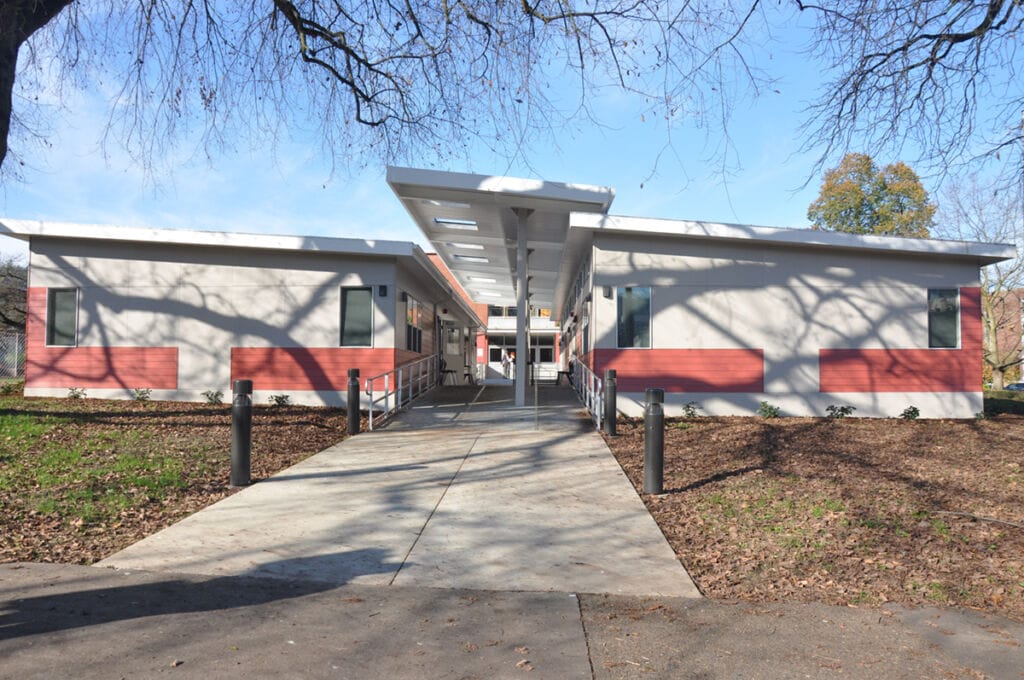MBI Statement on the ROAD To Housing Act
While the country faces a dire housing shortage and we are encouraged to see strong bipartisan momentum on this issue, there are both promising and concerning provisions of the ROAD To Housing Act. The Act was recently passed unanimously out of the Senate Banking Committee.
We are excited by the inclusion of Sec. 302 – Modular Housing Production Act, which calls for the Secretary of Housing and Urban Development (HUD) to review the Federal Housing Authority’s “construction financing programs to identify barriers to the use of modular home methods.” We are especially pleased to see that this section lays out a distinct definition of a “modular home” that rests on modules meeting “applicable State and local building codes”, clearly separating this building technique from manufactured home products. This section specifically identifies “construction draw schedules” as a barrier to wider modular adoption. We believe this provision acknowledges the unique nature of modular construction and the need for capital at different phases of a project, as compared with traditional on-site construction. Sec. 302 also allows the HUD secretary to award a grant to study the feasibility of a “uniform commercial code for modular homes.” We are eager to learn more about the intent and utility of a UCC for the modular industry, and request that MBI and its members be included in the study and the actual development of any future UCC.
Sec. 303 expands FHA financing limits for repairs, improvements, and purchase of manufactured housing. It also mandates the Secretary of Housing and Urban Development “conduct a study…on the cost effectiveness of off-site construction housing.” We are, again, pleased to see this section draw a definitive distinction between modular and manufactured housing with separate definitions. However, it is important to note that the study must include an analysis of “the extent to which offsite construction housing meets housing quality standards under the National Standards for the Physical Inspection of Real Estate [NSPIRE], or other standards as the Secretary may prescribe, compared to” those for site-built homes. We must reiterate that modular homes are already built to rigorous state and local building codes, and as such, request that our industry not be subject to the federal NSPIRE standards.
MBI will monitor legislative developments as the bill moves forward in the Senate. We will also continue to engage with the relevant committees in both the Senate and the House as companion legislation in the lower chamber develops, ensuring the modular industry’s voice is clearly heard.
Read Additional Monthly Updates
MBI Hails Washington State House Passing ICC/MBI 1200 Standards Adoption Bill, Urges Senate To Follow
MBI Hails Washington State House Passing ICC/MBI 1200 Standards Adoption Bill, Urges Senate To Follow With housing a top issue for policymakers across the country, legislators in Washington are taking meaningful steps to increase the supply in the Evergreen State. First, we want to applaud the State House of Representatives for their unanimous passage of House Bill 2151, which will tackle one of…
Oregon HB 2688 Statement
Oregon HB 2688 Passage Statement Today, Governor Tina Kotek of Oregon signed HB 2688 into law. This disastrous legislation, which narrowly passed out of the legislature despite bipartisan opposition, will require Oregon-based modular manufacturers working on public projects to pay prevailing wages. Paying on-site construction wages for distinctly different factory work conducted under fundamentally different…
Modular Building Institute Statement on Pennsylvania Senate Bill 908
Modular Building Institute Statement on Pennsylvania Senate Bill 908 For over forty years, the Modular Building Institute has been the leading advocate for the modular construction industry. Representing over 650 member organizations across the globe, including 28 in Pennsylvania who have offered reliable employment in their communities for years, we strongly encourage the Pennsylvania State…
Oregon’s Prevailing Wage Proposal: A Wake-Up Call for Modular Construction
Should House Bill 2688A become law, building projects would increase in price, face longer completion timelines, and produce significantly more waste. The bill also incentivizes contract awards to out of state businesses who would not reinvest their earnings into the local Oregon economy.

